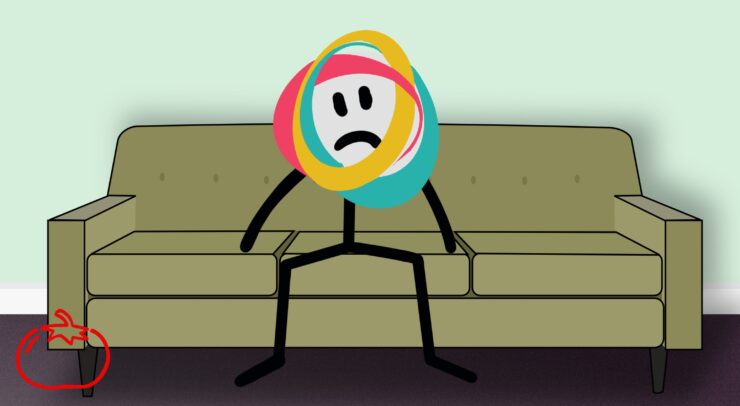Economic costs don’t outweigh the rights of workers
It just wouldn’t be Christmas without the Canadian Union of Postal Workers (CUPW) and Canada Post decking it out over the dinner (bargaining) table. The union began its strike on Oct. 22, when it was clear that a new agreement wouldn’t be made after a year of negotiations. In response, the House of Commons has passed a back-to-work bill, Bill C-89, which is currently being debated in the Senate..
Although postal service is considered an essential service, meaning the federal government can legislate employees back-to-work, that doesn’t mean they should. According to the CBC, the government believes the bill is consistent with the Canadian Charter of Rights and Freedoms (CCRF) because the postal service is important to the economy and the legislation would prevent further harm to businesses and rural or elderly Canadians. However, it should be noted that the right to strike is protected by the Charter, not the right to purchase artisanal Christmas ornaments from an eccentric Etsy shop operating out of Lindsay.
One concern that has been raised is the constitutional rights of voters in British Columbia, who voted in a referendum earlier this month on electoral reform. The ballots were mainly mail-in, with thousands predicted to be sitting in Canada Post’s warehouse, as the turnout is currently 18 per cent. The deadline for mail-in ballots has been extended to Dec. 7 in light of the rotating strikes.
Technically, Section 3 of the Charter of Rights and Freedoms protects the right of Canadians to vote in provincial, territorial, and federal elections of representatives. Not in referendums. Although these votes should be counted, this isn’t a matter of the right to vote in opposition to the right to strike. Section 3 does not extend to referenda, as exhibited in Haig v. Canada. The deadline could technically be extended indefinitely.
The decision of the government to table this bill violates these workers’ constitutional right to strike, and will make it difficult for the bargaining table to reopen. The pressure that’s been added to Canada Post due to Black Friday and Cyber Monday, as well as holiday packages, could have given the union more bargaining power at the table. This intervention on behalf of the federal government undermines the collective-bargaining process.
The crown corporation doesn’t have to bargain with the union, seeing as the federal government steps in time and time again to get striking workers back to work anyway, with back-to-work legislation introduced during the 2011 CUPW strikes under Stephen Harper.
Through introducing this legislation, the government is essentially saying that the economic position of elderly, small jam-makers in Northern Ontario is more important than the fundamental rights of Canadian workers to strike and fight for fair working conditions and decent wages.
Nobody loves jam more than I do, but I just can’t jam with this clear violation of workers’ rights.





